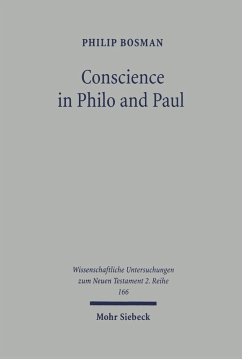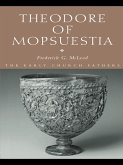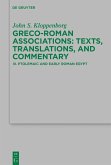Philip Bosman explores the history of the concept of conscience. As a cognitive construct, the meaning of the ancient concept must be derived from the historical conceptual framework within which it features. As the modern term evolved from the Greek synoida word group, the author follows its history of development, from initial verbal phrases expressing an awareness of having done something wrong, to the later substantives referring to an inner entity monitoring the behaviour of the individual. Prominent aspects of the conceptual framework are explained from the Ancient Greek system of values, i.e. in terms of vulnerability, shame, and lack of parrhesia. Philo and Paul receive detailed attention because of the significant frequency and manner of usage in which the substantive forms of the word group appear in their writings. It is shown that 'conscience' in Philo and Paul closely relates to its linguistic and conceptual prehistory, but that both authors use the word group innovatively in various ways, contributing to the formation of a construct of human cognition destined to play an immense role in the theology and ethics of the modern world. Born 1964, 1991 MA; 1996 PhD in Theology; lecturer in the Department of Classics, University of South Africa.
Dieser Download kann aus rechtlichen Gründen nur mit Rechnungsadresse in A, B, BG, CY, CZ, D, DK, EW, E, FIN, F, GR, HR, H, IRL, I, LT, L, LR, M, NL, PL, P, R, S, SLO, SK ausgeliefert werden.









